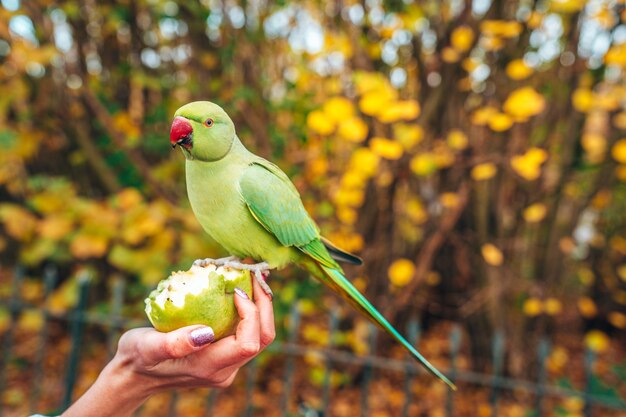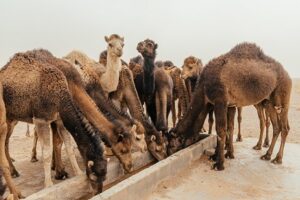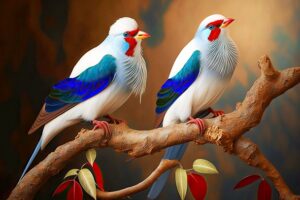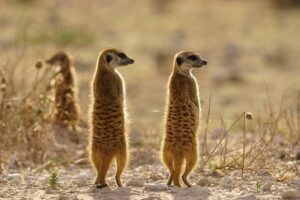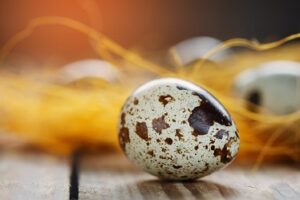Table of Contents
ToggleIntroduction
Birds have an intriguing relationship with various types of food. One such food that piques my curiosity is watermelon. The question arises: do birds eat watermelon? Understanding the dynamics of birds’ dietary habits and preferences sheds light on this topic.
Types of Birds that Eat Watermelon
Common bird species are attracted to watermelons.
Watermelon appeals to avian species, including cardinals, robins, bluejays, and orioles. These birds exhibit interest in the fruit due to its juicy, sweet pulp.
The nutritional value of watermelon for birds
Watermelon, rich in vitamins and water content, is a hydrating and nourishing bird snack. Its seeds and pulp offer a blend of essential nutrients, aiding their health.
Factors Influencing Bird Behavior Towards Watermelon
Seasonal preferences
Birds often show varying interest in watermelon based on seasons. When watermelon is abundant in warmer months, their attraction to it amplifies.
Availability of food sources
The availability of alternative food sources influences birds’ choices. Watermelon becomes a desirable option when other food supplies are limited.
Methods to Feed Watermelon to Birds
Suitable ways to offer watermelon to birds
Providing bite-sized pieces or chunks of watermelon in bird feeders or scattered on platforms allows birds easy access to enjoy this treat.
Cautionary measures while feeding watermelon
Care should be taken to remove seeds, as they could pose a choking hazard to smaller bird species. Additionally, offering small quantities prevents wastage and maintains freshness.
Benefits of Birds Eating Watermelon
Impact on bird health and wellbeing
The hydration and nutrients from watermelon positively impact bird health, aiding in their overall well-being, especially during dry spells.
Contribution to the ecosystem
Birds consuming watermelon play a role in seed dispersal, contributing to the natural ecosystem by aiding in germination through seed excretion.
Concerns and Risks
Potential risks associated with feeding watermelon to birds
Overconsumption of watermelon may lead to digestive issues in birds. Furthermore, seeds could cause health problems if ingested in large quantities.
Best practices to mitigate risks
Moderation and removing seeds before offering watermelon to birds reduce potential risks, ensuring a safer feeding experience.
Interesting Facts about Birds and Watermelon
Unusual behaviors or preferences observed
Some bird species exhibit unique methods of consuming watermelon, showcasing diverse adaptations in their feeding behaviors.
Unique adaptations in certain bird species
Birds, like the cedar waxwing, are fond of watermelon, showcasing adaptability and versatility in their diet preferences.
Conclusion
Birds do indeed eat watermelon, drawn by its taste and nutritional benefits. By understanding their preferences and offering watermelon in moderation, we can contribute positively to their health and the ecosystem.
FAQs about Birds Eating Watermelon
- Q: Can all bird species safely eat watermelon?
-
-
- A: While many birds enjoy watermelon, some may need help finding it appealing or safe. It’s essential to observe their behavior and moderate their intake.
-
- Q: Should I leave the rind of the watermelon for birds?
-
-
- A: Birds typically prefer the juicy pulp; however, leaving a bit of the rind can attract insects, which might benefit some bird species.
-
- Q: Are there specific seasons when birds prefer watermelon more?
-
-
- A: Warmer months usually increase birds’ interest in watermelon due to its high water content, aiding in hydration.
-
- Q: How much watermelon should I feed birds?
-
-
- A: Offer small portions to prevent wastage and monitor how birds respond. Adjust quantities based on their consumption.
-
- Q: Are there alternative fruits or foods birds prefer over watermelon?
-
- A: Birds have diverse dietary preferences. While some favor watermelon, others may show more interest in berries, seeds, or insects.
